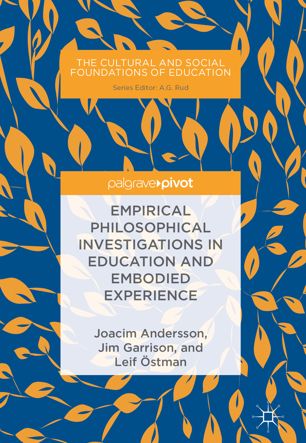

Most ebook files are in PDF format, so you can easily read them using various software such as Foxit Reader or directly on the Google Chrome browser.
Some ebook files are released by publishers in other formats such as .awz, .mobi, .epub, .fb2, etc. You may need to install specific software to read these formats on mobile/PC, such as Calibre.
Please read the tutorial at this link: https://ebookbell.com/faq
We offer FREE conversion to the popular formats you request; however, this may take some time. Therefore, right after payment, please email us, and we will try to provide the service as quickly as possible.
For some exceptional file formats or broken links (if any), please refrain from opening any disputes. Instead, email us first, and we will try to assist within a maximum of 6 hours.
EbookBell Team

4.4
82 reviewsDrawing on John Dewey and the later Ludwig Wittgenstein, this book employs philosophy as a conceptual resource to develop new methodological and analytical tools for conducting in situ empirical investigations. Chapter one explores the philosophies of Wittgenstein and Dewey. Chapter two exposits Deweyan ideas of embodiment, the primacy of the aesthetic encounter, and aesthetically expressive meaning underdeveloped in Wittgenstein. Chapter three introduces the method of practical epistemological analysis (PEA) and a model of situated epistemic relations (SER) to investigate the learning of body techniques in dinghy sailing. The concluding chapter introduces a model of situated artistic relations (SAR) to investigate the learning of artistic techniques of self-expression in the Swedish sloyd classroom.